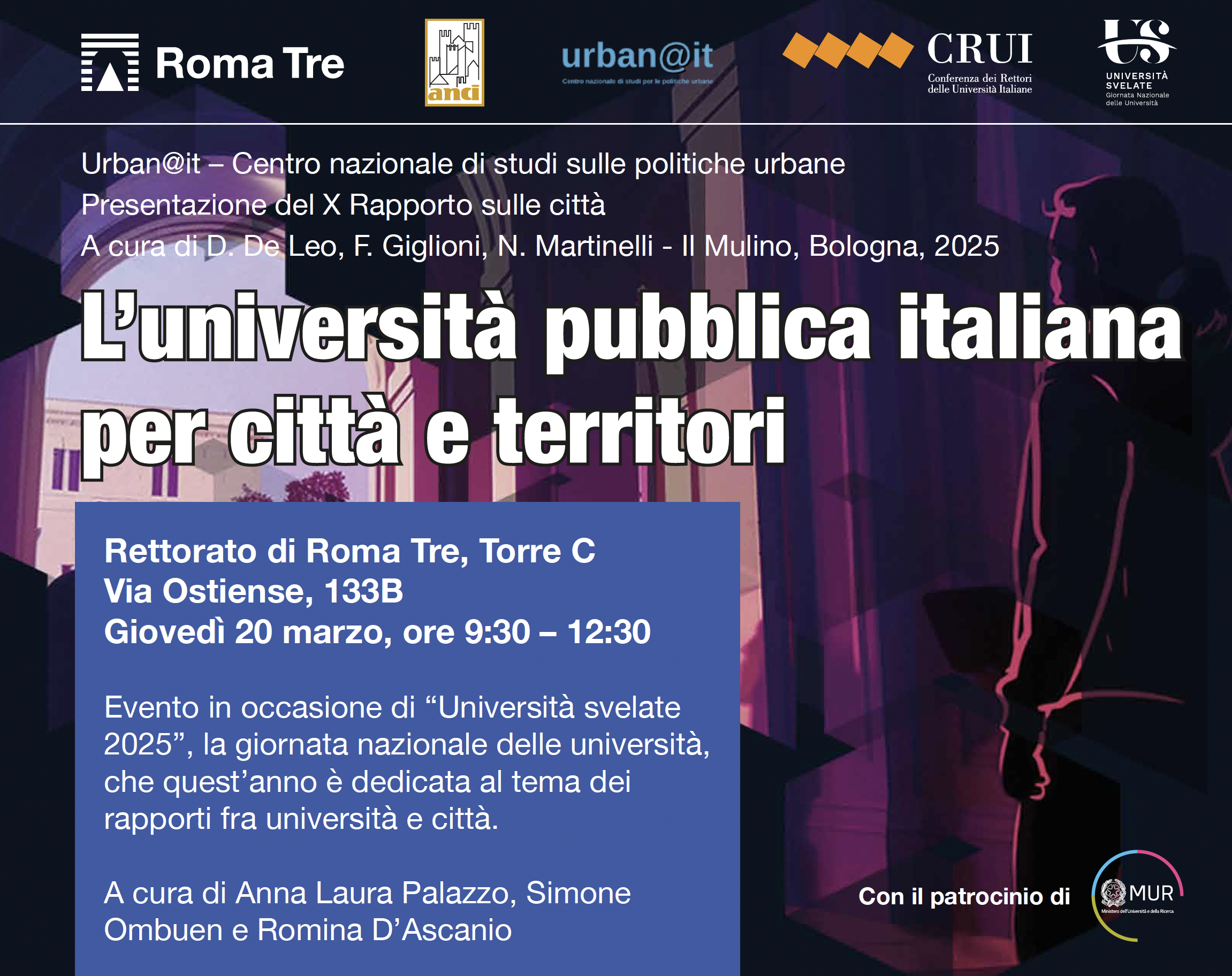Novità in rubriche – LETTURE
A future for the informal city
The future of the informal city: Merging Planning, Design and Management Solutions
Seth Asare Okyere
The drama of 21st century urbanization and urban growth is being played out in cities, particularly those of the developing world. As cities in the developing world grow, so do informal settlements. The self-constructed city, or informal settlement, is not a separable element of larger city; rather it is intricately welded into it. None occurs without affecting the other. It is therefore unsurprising, in view of current unprecedented urbanization dynamics that about one billion residents reside in urban informal settlements (World Bank, 2015). The figures are staggering, scholarly descriptions alarming: “billion squatters population” (Neuwirth, 2005), “planet of slums” (Davis, 2005) and “dysfunctional urban societies” (UN Habitat, 2006) among many terrifying narratives of developing cities. Yet, there is a growing consensus that evoking grim descriptions of the phenomenon of urban informal settlements does not lead to the most effective policy and strategic solutions. If anything, these kinds of narratives generate exclusive and anti-participatory neoliberal urban policies that favor the elite minority. It also deepens entrenched socio-spatial inequalities (Lombard, 2014). In fact, informal settlements are projected to grow despite decades of improvement programs. It is in light of this and the growing consensus to practically rethink this phenomenon that an urgent question emerges: What do we do with informal settlements? How can it be guided for the benefit of the poor urban residents and the cities within which they seek a foothold?
This is the topic of David Gouvernuer’s (2015) book “Planning and Design for future informal settlements: shaping the self-constructed city”.
SETH ASARE OKYERE
is a development planner and holds an MSc in Urban Planning and Policy Design from the Politecnico di Milano. He is currently a doctoral researcher working on residents’ positive socio-spatial practices and living experiences in urban informal settlements in La, Ghana. His interests are in development planning, informal urbanism, pro-poor urban development policy and management.








